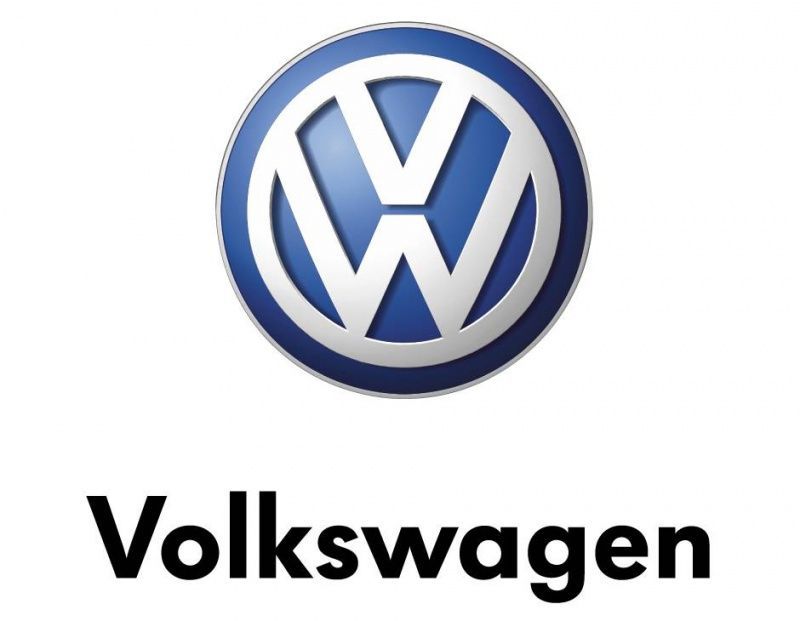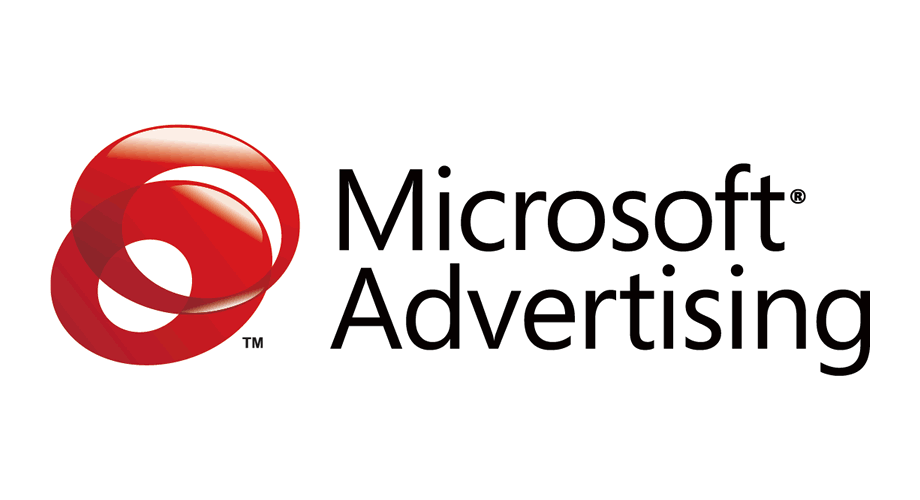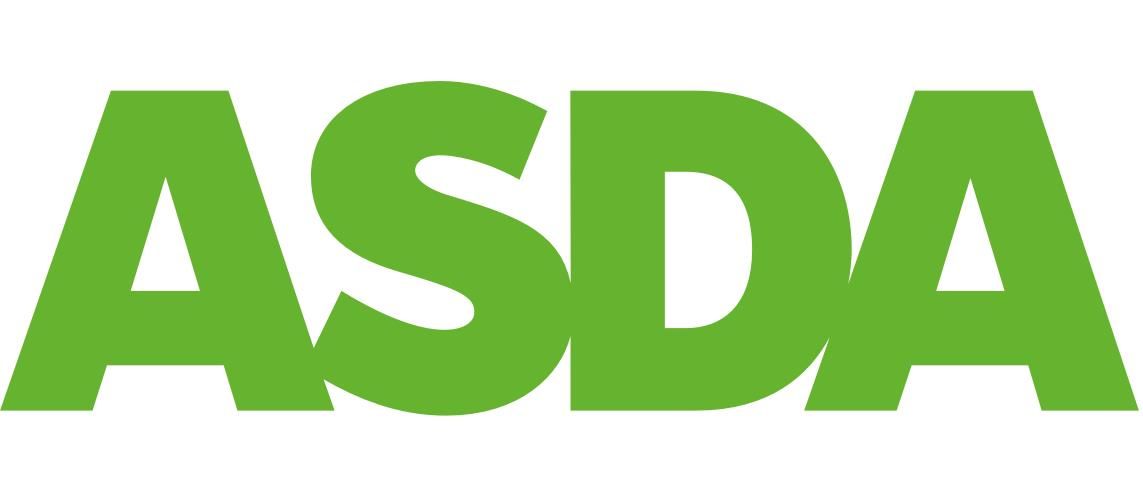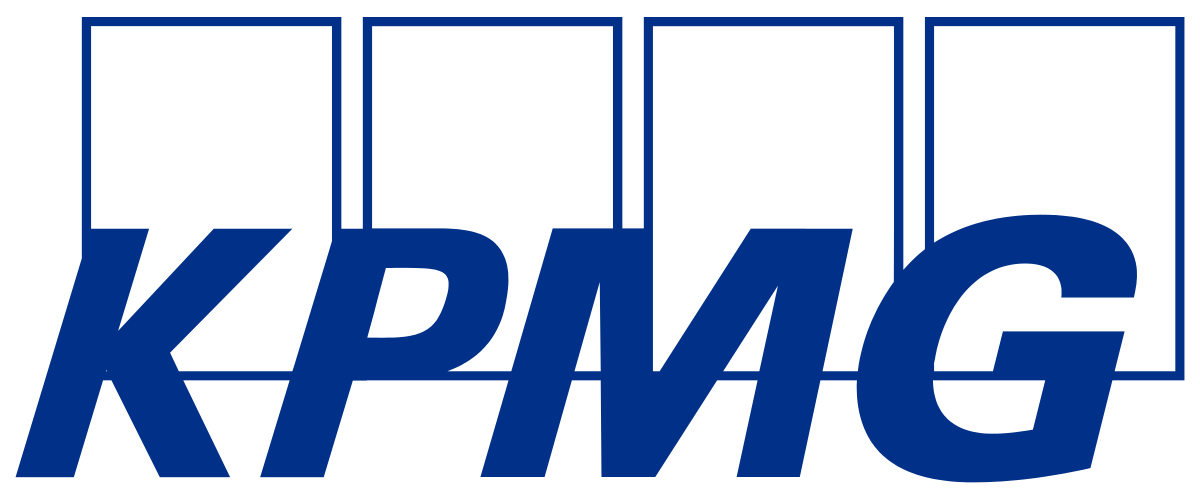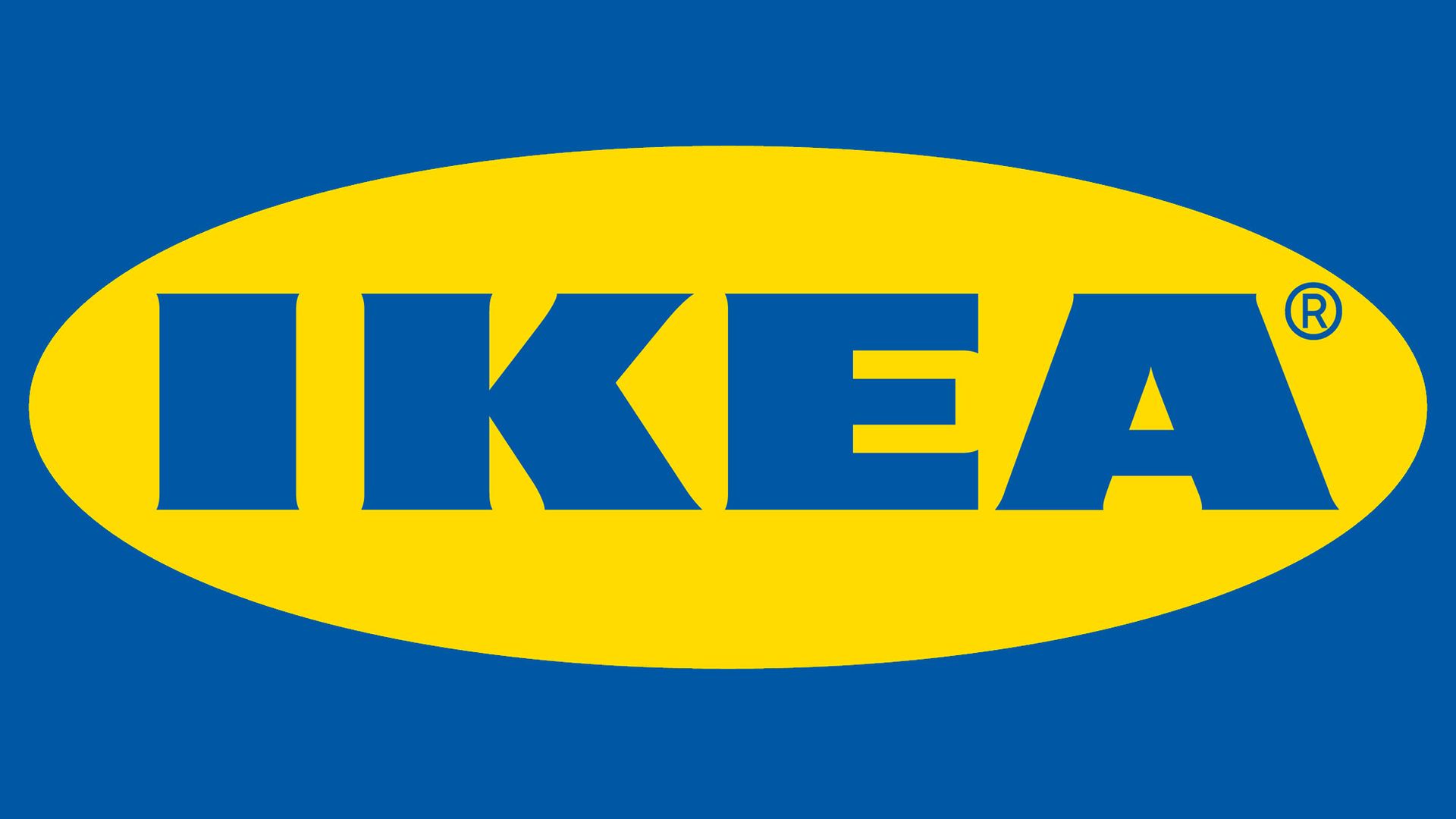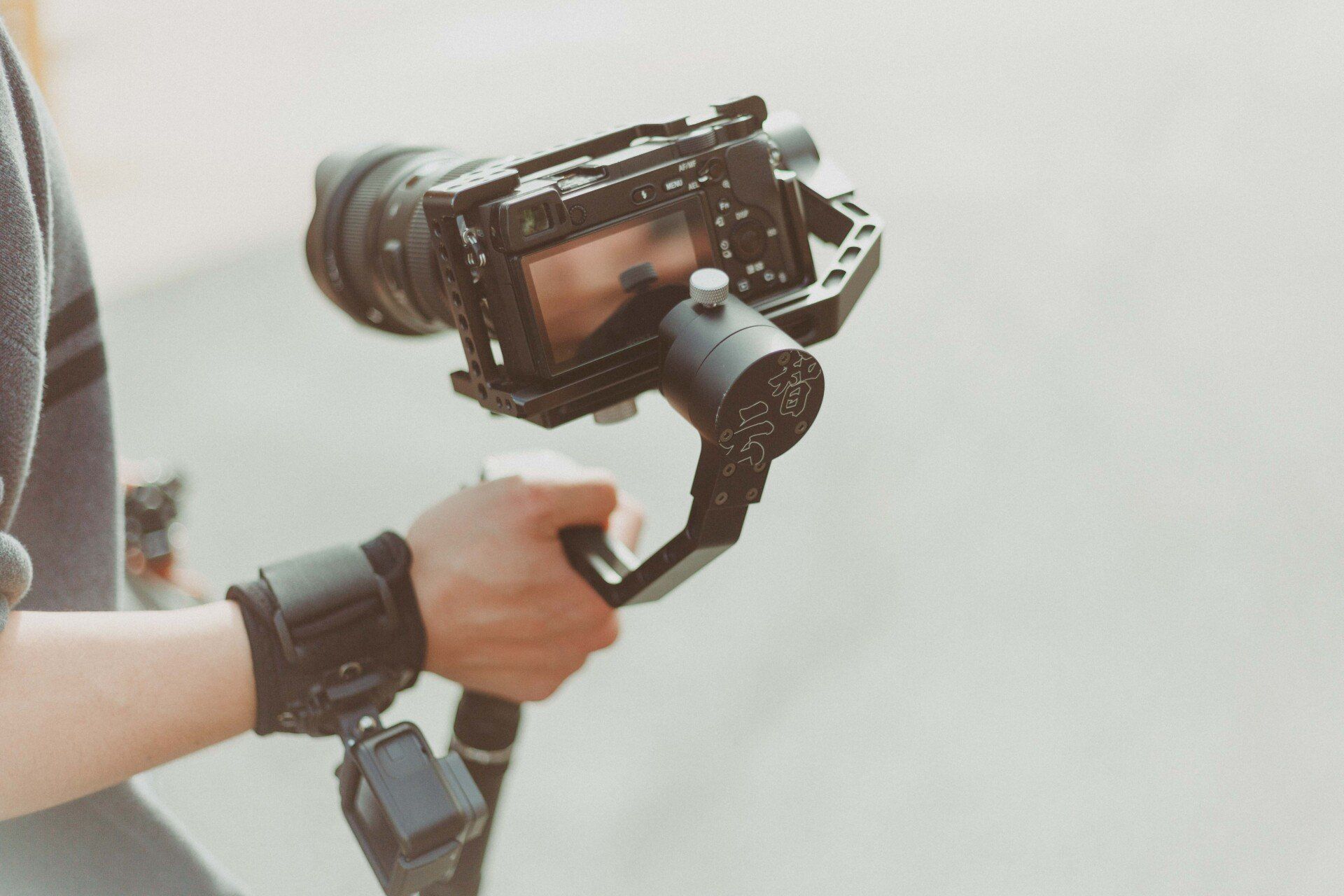Using Photography to Promote your Brand
Roaming Photographer
conferences, parties ceremonies, and many more
Mini Studio Hire
For portraits, headshots, fundraising, promotional or marketing purposes. on site at your event with instant printing
Photo Booth Hire
We have the most innovative photobooth solutions for your commercial or corporate event.
Get a quote for your event needs.
We're here to create fantastic campaign services that tell your story, grab attention, get people interested, and ensure that what you've got to say stands out from the rest.
Using Photography to Promote Your Brand

_Created with [AIPRM Prompt "Human Written |100% Unique |SEO Optimised Article"](https://www.aiprm.com/prompts/seo/writing/1784224785543462912)_
For better results, please try this: https://bit.ly/Jumma_GPTs
Get My Prompt Library: https://bit.ly/J_Umma
Using Photography to Promote Your Brand
Outline
1. Introduction
- The Power of Visual Content
- Why Photography Matters in Branding
2. Understanding Brand Photography
- Defining Brand Photography
- Differences Between Regular and Brand Photography
3. The Impact of Photography on Consumer Perception
- Visual Appeal and First Impressions
- Building Trust and Credibility
4. Types of Photography for Brand Promotion
- Product Photography
- Lifestyle Photography
- Portrait Photography
- Event Photography
5. Planning Your Brand Photography Strategy
- Setting Clear Objectives
- Identifying Your Target Audience
- Creating a Visual Style Guide
6. Choosing the Right Photographer
- Freelance vs. Agency
- Key Qualities to Look For
- Reviewing Portfolios and Testimonials
7. Creating a Compelling Visual Story
- Crafting a Narrative
- Consistency Across All Platforms
8. Optimising Photos for Different Platforms
- Website
- Social Media
- Email Marketing
- Print Media
9. Using Photography in Social Media Campaigns
- Engaging Your Audience
- Leveraging User-Generated Content
10. Enhancing Your Website with Quality Photos
- Home Page and Landing Pages
- Product Pages
- Blog Posts and Articles
11. The Role of Photography in Email Marketing
- Boosting Open Rates and Click-Through Rates
- Visual Storytelling in Newsletters
12. Measuring the Success of Your Photography Efforts
- Key Performance Indicators (KPIs)
- Analysing Engagement and Conversion Rates
13. Adapting to Trends in Brand Photography
- Current Trends in Photography
- Staying Ahead of the Curve
14. Common Mistakes to Avoid
- Overuse of Stock Photos
- Inconsistent Visual Style
- Poor Quality Images
15. Conclusion
- Recap of Key Points
- The Future of Brand Photography
16. FAQs
- What is the best type of photography for my brand?
- How often should I update my brand photos?
- Can I use my smartphone for brand photography?
- How do I find the right photographer for my brand?
- What should I include in my visual style guide?
---
Using Photography to Promote Your Brand
Introduction
In today’s fast-paced digital world, the power of visual content cannot be overstated. Whether you’re scrolling through social media, browsing a website, or reading a newsletter, images grab your attention almost instantly. This makes photography an invaluable tool for promoting your brand. But why exactly does photography matter so much in branding?
Understanding Brand Photography
Defining Brand Photography
Brand photography is a collection of professional images that represent your business visually and fit with your visual identity through the use of colours, tone, props, set, and more. These can include photos of you, your team, your products, your workspace, or even your services being performed.
Differences Between Regular and Brand Photography
While regular photography can be beautiful and artistic, brand photography is strategic and purposeful. It’s not just about capturing a pretty picture; it’s about telling your brand’s story and connecting with your audience on a deeper level.
The Impact of Photography on Consumer Perception
Visual Appeal and First Impressions
First impressions are everything. High-quality, professional photos can make your brand appear more trustworthy and established. On the flip side, low-quality or irrelevant images can damage your brand’s reputation and turn potential customers away.
Building Trust and Credibility
Consistent and professional photography builds trust and credibility with your audience. It shows that you care about the details and are serious about your brand’s image, making consumers more likely to trust you with their business.
Types of Photography for Brand Promotion
Product Photography
Product photography is essential for showcasing what you sell. It should highlight the features, benefits, and unique selling points of your products in a way that’s both attractive and informative.
Lifestyle Photography
Lifestyle photography shows your products or services in action, helping potential customers visualise how they can use them in their own lives. This type of photography often involves models or influencers and is great for social media.
Portrait Photography
Portrait photography is all about people. It can be used to introduce your team, showcase happy customers, or feature influencers. This type of photography humanises your brand and makes it more relatable.
Event Photography
Event photography captures moments from brand events, whether they’re product launches, company parties, or industry conferences. These images can be used to show the human side of your brand and build a sense of community.
Planning Your Brand Photography Strategy
Setting Clear Objectives
Before you start snapping photos, it’s important to set clear objectives. What do you want to achieve with your brand photography? Are you looking to increase brand awareness, boost sales, or build a stronger connection with your audience?
Identifying Your Target Audience
Understanding your target audience is crucial for creating effective brand photography. What kind of images will resonate with them? What visual style do they prefer?
Creating a Visual Style Guide
A visual style guide outlines the specific details of your brand’s visual identity, including colours, fonts, and photography style. This ensures consistency across all your visual content and helps you maintain a cohesive brand image.
Choosing the Right Photographer
Freelance vs. Agency
When choosing a photographer, you’ll need to decide between hiring a freelancer or an agency. Freelancers can be more affordable and flexible, while agencies often provide a wider range of services and a team of professionals.
Key Qualities to Look For
Look for photographers who have experience in brand photography, a strong portfolio, and positive testimonials. It’s also important to find someone who understands your brand and can bring your vision to life.
Reviewing Portfolios and Testimonials
Always review portfolios and read testimonials before hiring a photographer. This will give you a sense of their style, skills, and reliability.
Creating a Compelling Visual Story
Crafting a Narrative
Your brand photography should tell a story. Whether it’s the story of how your product is made, the benefits it provides, or the people behind your brand, a compelling narrative will make your images more engaging and memorable.
Consistency Across All Platforms
Consistency is key in branding. Ensure that your brand photography is consistent across all platforms, from your website to your social media channels, to create a cohesive brand image.
Optimising Photos for Different Platforms
Website
High-quality images can significantly enhance your website. Use professional photos on your home page, landing pages, product pages, and blog posts to create a visually appealing and engaging user experience.
Social Media
Social media is a visual platform, so high-quality photos are essential. Use a mix of product shots, lifestyle images, and behind-the-scenes photos to keep your audience engaged.
Email Marketing
Including photos in your emails can increase open rates and click-through rates. Use compelling images to tell a story and draw readers in.
Print Media
Don’t forget about print media. High-quality photos are essential for brochures, flyers, and other print materials to ensure they look professional and appealing.
Using Photography in Social Media Campaigns
Engaging Your Audience
Engage your audience with stunning photos that tell your brand’s story. Use a mix of professional shots and user-generated content to create a dynamic and relatable feed.
Leveraging User-Generated Content
Encourage your customers to share their own photos of your products. This not only provides you with fresh content but also builds a sense of community and trust around your brand.
Enhancing Your Website with Quality Photos
Home Page and Landing Pages
Your home page and landing pages are often the first places potential customers will visit. Make a great first impression with high-quality, relevant photos that represent your brand.
Product Pages
Clear, detailed photos are essential for product pages. They help customers understand what they’re buying and can increase conversion rates.
Blog Posts and Articles
Including photos in your blog posts and articles makes them more engaging and can help break up text, making your content easier to read.
The Role of Photography in Email Marketing
Boosting Open Rates and Click-Through Rates
Emails with photos are more likely to be opened and clicked on. Use compelling images to draw readers in and convey your message more effectively.
Visual Storytelling in Newsletters
Photos can help you tell a story in your newsletters. Use them to highlight new products, share behind-the-scenes moments, or feature customer testimonials.
Measuring the Success of Your Photography Efforts
Key Performance Indicators (KPIs)
Track KPIs such as engagement rates, click-through rates, and conversion rates to measure the success of your brand photography.
Analysing Engagement and Conversion Rates
Analyse how your audience is interacting with your photos. Are they liking, sharing, and commenting on your social media posts? Are your product photos leading to more sales?
Adapting to Trends in Brand Photography
Current Trends in Photography
Stay up-to-date with the latest trends in photography to keep your brand relevant. This might include using more natural lighting, incorporating video, or experimenting with new styles.
Staying Ahead of the Curve
Don’t be afraid to innovate and try new things. Staying ahead of the curve can help your brand stand out in a crowded market.
Common Mistakes to Avoid
Overuse of Stock Photos
While stock photos can be useful, relying too heavily on them can make your brand look generic and impersonal. Invest in original, high-quality photography whenever possible.
Inconsistent Visual Style
Consistency is crucial for building a strong brand identity. Make sure your photos follow a consistent style guide to maintain a cohesive look.
Poor Quality Images
Low-quality images can harm your brand’s reputation. Always use high-resolution, professionally shot photos to represent your brand.
Conclusion
Photography is a powerful tool for promoting your brand. By understanding the different types of brand photography, planning a strategic approach, and maintaining consistency across all platforms, you can create a strong visual identity that resonates with your audience. Keep up with the latest trends and avoid common mistakes to ensure your brand photography stands out in a competitive market.
FAQs
What is the best type of photography for my brand?
The best type of photography for your brand depends on your specific goals and audience. Product photography is great for e-commerce, while lifestyle photography can enhance social media presence.
How often should I update my brand photos?
It’s a good idea to update your brand photos at least once a year or whenever you launch new products or rebrand. Fresh images keep your content current and engaging.
Can I use my smartphone for brand photography?
While smartphones have advanced cameras, professional photography can make a significant difference in quality and impact. For critical brand images, investing in a professional photographer is recommended.
How do I find the right photographer for my brand?
Look for photographers with experience in brand photography, a strong portfolio, and positive testimonials. It’s also important to find someone who understands your brand and can bring your vision to life.
What should I include in my visual style guide?
Your visual style guide should include details about your brand’s colours, fonts, photography style, and any other visual elements that define your brand. This ensures consistency across all your visual content.





